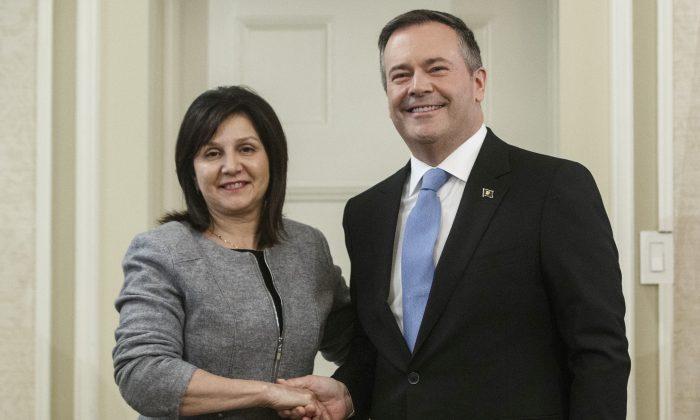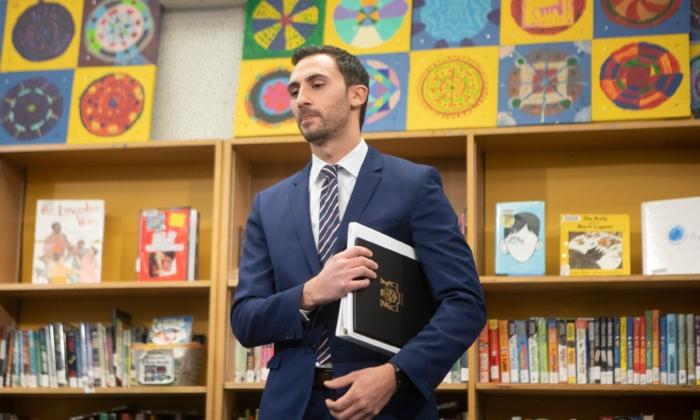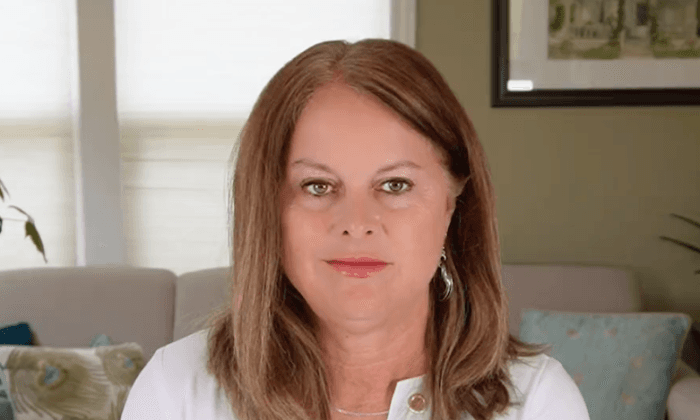What do students learn in school?
This is one of the most important questions citizens can ask about their country. In Canada, the provinces have constitutional authority over the education system and are responsible for developing curriculum guides for each subject area and each grade level.
With the recent election in Alberta, that province is attracting significant attention on its planned changes to the education system. This discussion began long before Jason Kenney’s United Conservative Party (UCP) was elected. In fact, Alberta’s two previous governments had embarked on wholesale curriculum reviews.
It began with the Inspiring Education initiative that took place during the Alison Redford Progressive Conservative era. In essence, this initiative sought to transform Alberta’s education system from a relatively traditional model with high-performance schools to an untested progressive model focusing on preparing students for “jobs that do not exist” in an “unknowable” future.
The election of Rachel Notley’s NDP accelerated—rather than slowed—the pace of change. Then-education minister David Eggen announced his intent to overhaul the K-12 curriculum in all subject areas. Teachers were to begin piloting the new K-4 curricula by this fall with all high school curricula to be rewritten by 2022. Unfortunately, early drafts of the K-4 curricula revealed a disturbing lack of emphasis on subject-specific content knowledge. For example, the social studies curriculum seemed to focus more on social justice than on Canadian history.
During the recent election campaign, Jason Kenney promised to put the curriculum revisions on hold. In fact, he threatened to shred the whole process because there was too much NDP bias. Although the UCP has not shredded the curriculum, it has put the process on hold. This is a positive first step but much more needs to be done.
Generally, the problem with curriculum guides across the country is they do not prescribe sufficient content knowledge in each subject area. These guides remain vague and leave it to teachers and schools to decide what specific content they would like to cover. This is most obvious in English Language Arts (ELA) where the outcomes are so general that teachers can do almost anything and claim that it is within the curriculum.
ELA curriculum guides would be much more useful if they listed specific books, articles, and poems that all students must read and master at each grade level. In addition, these guides should specify the number and length of essays and papers that students must write, particularly at the high school level. This way, students within Alberta and across the country would acquire a shared base of knowledge.
There are three key reasons why a content-rich curriculum is important.
First, content knowledge is essential to reading comprehension. Far from being an abstract, transferable skill, reading is closely tied to content knowledge. Only by building up a large body of background knowledge will students be able to read, understand, and engage with challenging texts. There is plenty of research showing that background knowledge about the subject of an article is a better predictor of reading comprehension than a student’s so-called reading level.
Second, critical thinking can only take place in the presence of content knowledge. Students cannot think critically about things they know nothing about. Only by acquiring specific knowledge is it possible to think critically. Like reading, critical thinking is not an abstract skill, but a skill that is heavily dependent on content knowledge.
Third, building up a common knowledge base among all students is a way to reduce the gap between students from advantaged homes and those from disadvantaged homes. Since students from disadvantaged homes often come to school with a serious vocabulary gap, it is incumbent on schools to reduce this gap. Thus, teachers who care about students must endorse a content-rich curriculum.
Fortunately, when it comes to developing a content-rich curriculum, there is no need for Alberta, or any other province, to reinvent the wheel. E. D. Hirsch Jr.’s Core Knowledge Foundation has created content-rich curricula that are used by many schools in the United States. These curriculum guides are simple to use because they dispense with the edu-jargon that dominates most other curriculum guides. As well, these guides prescribe specific knowledge and skills in each subject area and each grade level.
Far from being a “bunch-of-facts” approach to education, as progressive education guru Alfie Kohn calls it, Core Knowledge guides are carefully sequenced so that knowledge learned at one grade level builds on what was learned in the previous grade. This is a welcome reprieve from the “spiral” approach where students learn the same abstract concepts repeatedly.
Alberta has a prime opportunity to move away from nebulous, politically correct curricula toward a bold, new approach built on the best that is known about teaching and learning. Hopefully, the UCP government takes advantage of this opportunity, and perhaps governments in other provinces will follow Alberta’s lead.






Friends Read Free